The rise of Gary Cohn, from Midwestern kid to Goldman Sachs boss - and now adviser to President Trump
Cohn's grandfather was a Polish immigrant who moved to the US on his own as a 13-year-old with $8 in his pocket. He worked three jobs, was an apprentice electrician, and ended up opening his own business. Cohn would later work there.

Cohn grew up in Cleveland in the 1960s in a middle-class family. He 'bounced around from school to school because really no one understood how to deal with a dyslexic kid,' he told colleague Jake Siewart in a podcast.
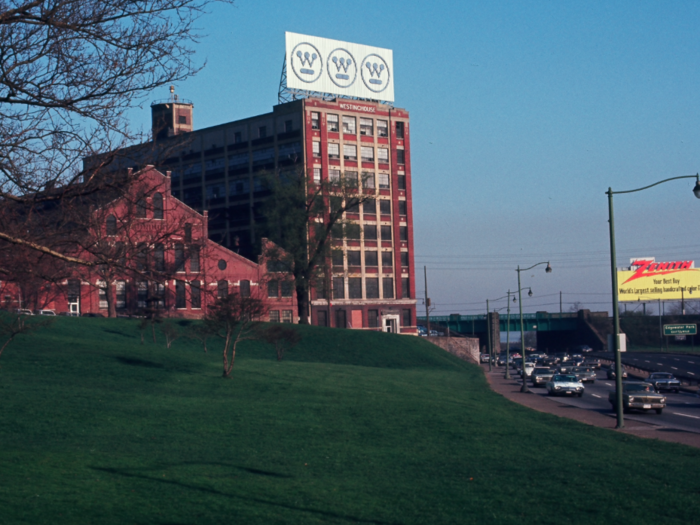
Source: Goldman Sachs
A teacher told Cohn's parents that 'if they were really lucky and spent a lot of time' with Cohn, he might 'grow up to be a truck driver.'

Source: Business Insider
He ended up at Gilmour Academy, a Catholic school, where two brothers took an interest in his education. "I think they took an interest because I might have been the hardest-working kid in the class with the least amount of results," Cohn has said.
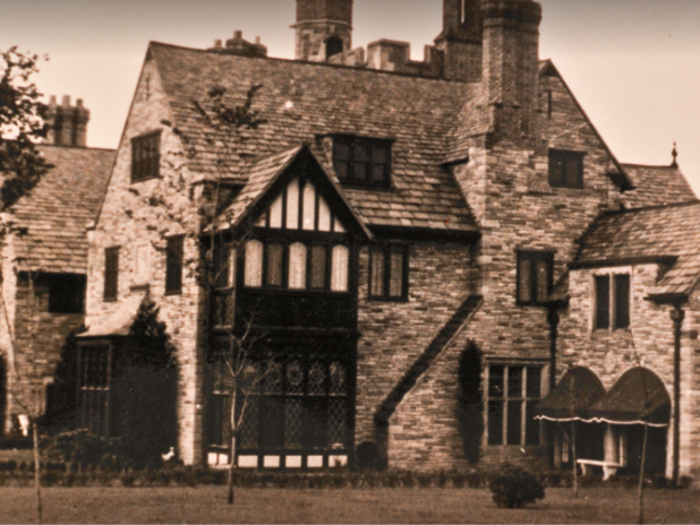
Source: Goldman Sachs
He worked hard to get into college at American University, where he learned about time management. 'You go to class less than 12 hours a week,' he said. 'If you can't figure out how to manage the rest of your time and get your work done, you should be questioning yourself.'

Source: Goldman Sachs
'On the day he finally did graduate,' after an enormous amount of effort on writing, reading and rereading, 'his mother was a fountain of tears.'

Source: "David and Goliath"
Cohn did not have a job or interviews lined up after graduation. What he did possess was a passion for financial markets.
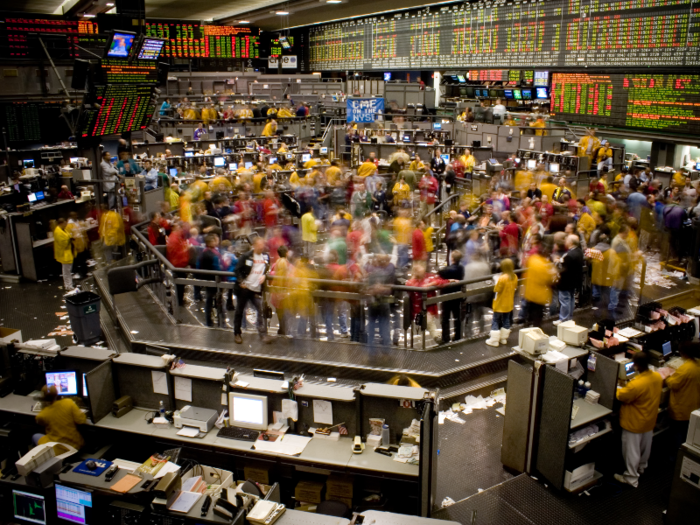
Source: Kogod Business School
Cohn took up a job with a division of United States Steel in Akron, Ohio, selling aluminum siding and window frames to please his father.

Source: "David and Goliath"
During this time, while in Long Island on a work trip, he got a day off from his manager and went down to Wall Street and convinced a random 'well-dressed guy' to share a cab with him.
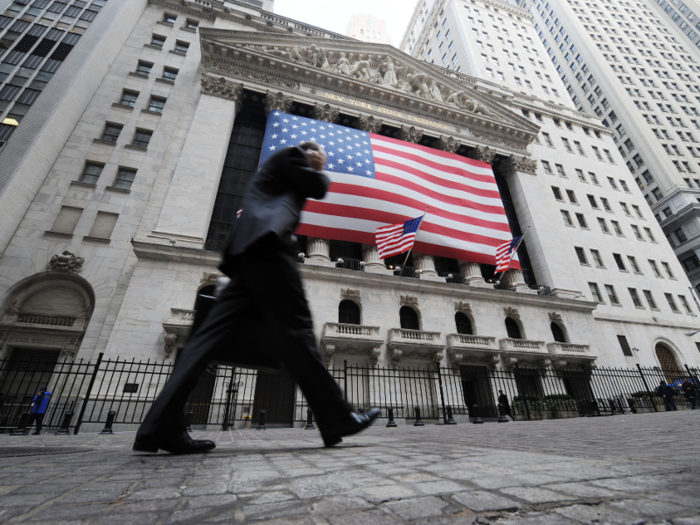
Source: Business Insider
The guy turned out to be an executive in a Wall Street brokerage firm that had just opened its options business. Cohn lied that he knew 'everything' about options to land an interview.
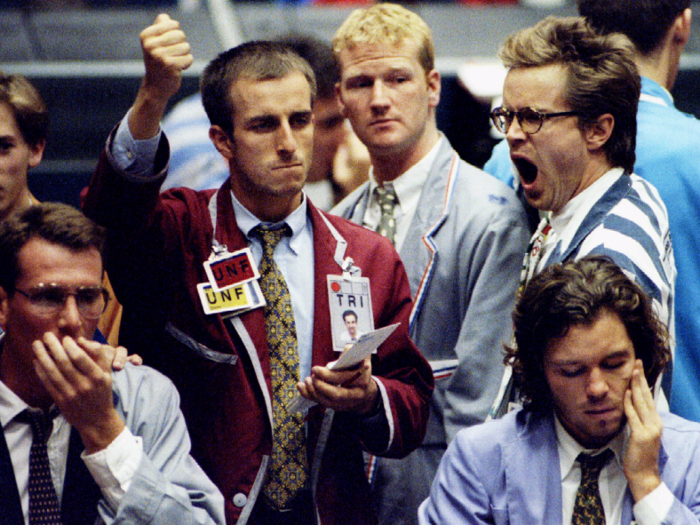
Source: "David and Goliath"
Cohn read McMillan's 'Options as a Strategic Investment' in a few days to learn about options and cracked the interview — to get the job of a runner in the trading floor.
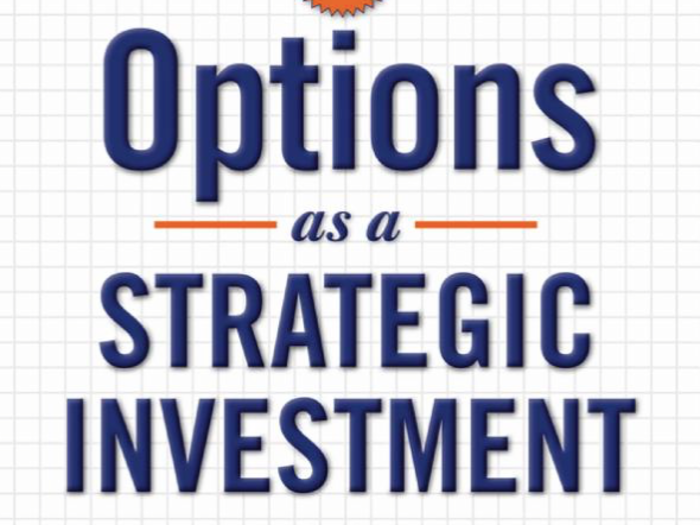
Source: "David and Goliath"
Goldman Sachs recruited Cohn in 1990, marking the beginning of a 26-year career at the bank where he dealt with different securities.
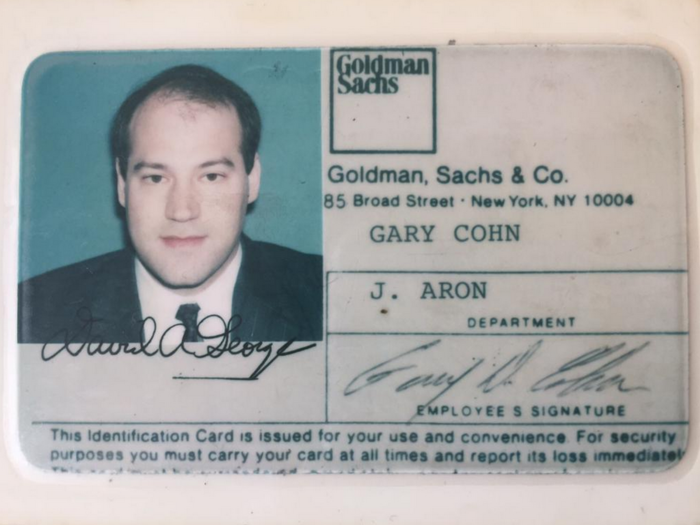
Source: Bloomberg
In 1994, he made partner. At the time, he was based in London, and managing a big trading book. 'That first year as partner, you know, I got to the point where I was trying to be a trader and trying to be a manager and trying to manage the business,' he said.

Source: Goldman Sachs
He decided to call his boss and spent 40 minutes on the phone telling him about how he wasn't able to balance trading and managing. His boss told him to figure it out and hung up on him.
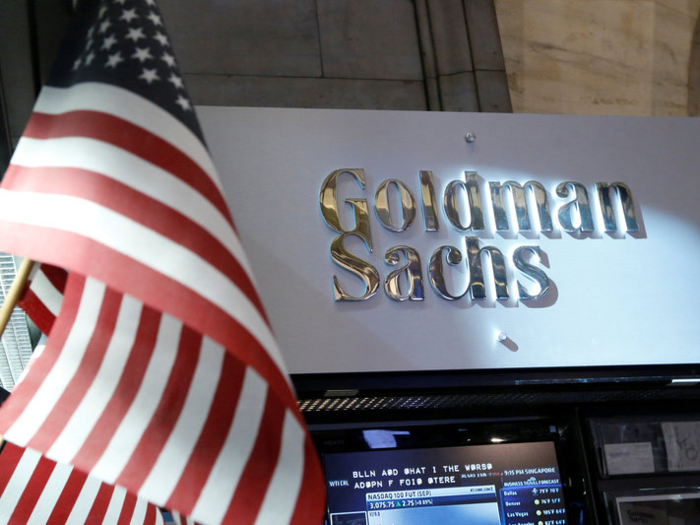
Source: Goldman Sachs
Cohn realized he had to make a choice. 'I came in the next morning, I called everyone in my department into a big conference room, and I announced to the room that I will no longer trade anything,' he said.

Source: Goldman Sachs
He went on to become president and COO at Goldman Sachs, and one of the most recognizable faces at Goldman Sachs.
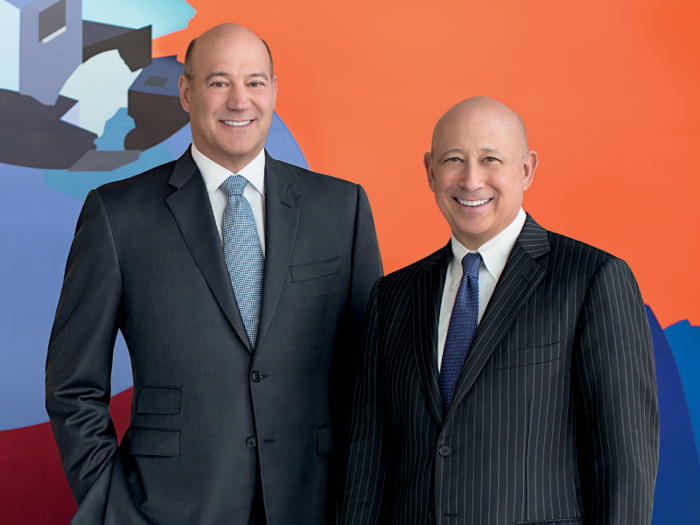
Then, in late 2016, Cohn announced he would leave Goldman to take up a role as director of the National Economic Council, an advisory role to President Trump on US and global economic policy.
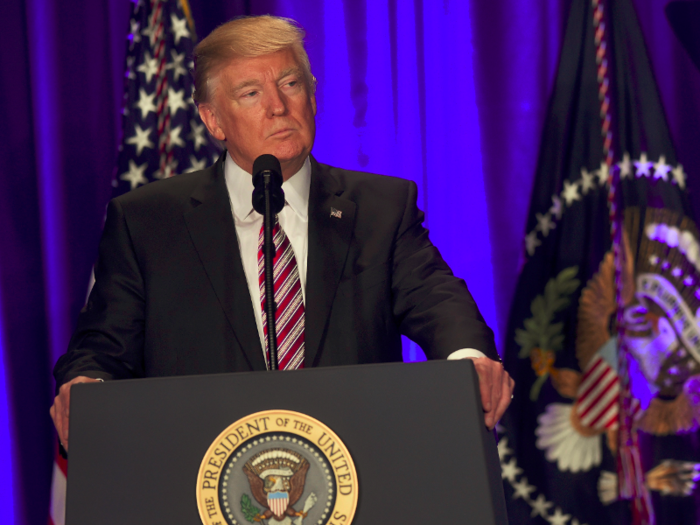
Source: Business Insider
He will pick up an exit package worth at least $100 million (£79.8 million) as he moves to work for the Trump administration. The move has raised ethical questions about special treatment of Goldman's staff entering public service, and vice versa.
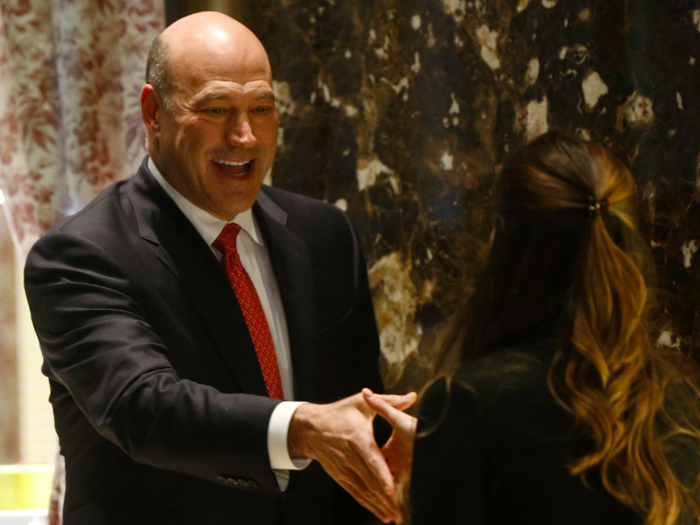
Source: Business Insider
The rise of Gary Cohn, from Midwestern kid to Goldman Sachs boss - and now adviser to President Trump

Popular Right Now
Advertisement